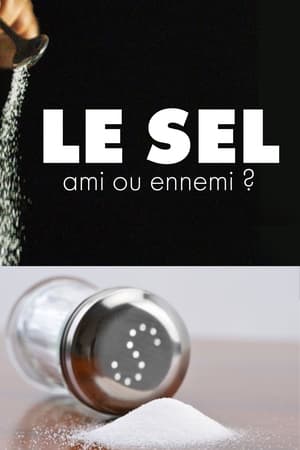
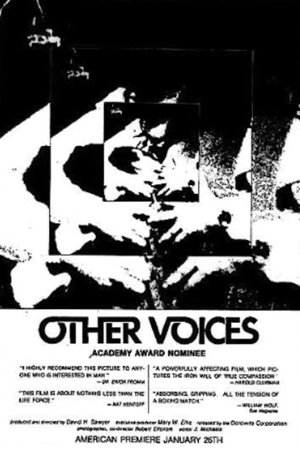
Other Voices(1970)
Other Voices is a 1970 documentary film directed by David H. Sawyer. The film follows Dr. Albert Honig, one of the most controversial Doctors of his era, as he demonstrates various techniques he has employed in his treatment of comatose, catatonic, schizophrenic, and autistic patients. It also follows a handful of patients living in a rural setting in Doylestown, Pennsylvania during their daily activities and during treatment sessions with Dr. Honig. It was nominated for an Academy Award for Best Documentary Feature.
Movie: Other Voices
Top 4 Billed Cast
Doctor Albert Honig
Sylvia Honig
Dan Lieberman
Emil Ondra

Other Voices
HomePage
Overview
Other Voices is a 1970 documentary film directed by David H. Sawyer. The film follows Dr. Albert Honig, one of the most controversial Doctors of his era, as he demonstrates various techniques he has employed in his treatment of comatose, catatonic, schizophrenic, and autistic patients. It also follows a handful of patients living in a rural setting in Doylestown, Pennsylvania during their daily activities and during treatment sessions with Dr. Honig. It was nominated for an Academy Award for Best Documentary Feature.
Release Date
1970-01-26
Average
0
Rating:
0.0 startsTagline
Genres
Languages:
EnglishKeywords
Similar Movies
 3.5
3.5Der lange Weg ans Licht(de)
Edeltraut Hertel - a midwife caught between two worlds. She has been working as a midwife in a small village near Chemnitz for almost 20 years, supporting expectant mothers before, during and after the birth of their offspring. However, working as a midwife brings with it social problems such as a decline in birth rates and migration from the provinces. Competition for babies between birthing centers has become fierce, particularly in financial terms. Obstetrics in Tanzania, Africa, Edeltraud's second place of work, is completely different. Here, the midwife not only delivers babies, she also trains successors, carries out educational and development work and struggles with the country's cultural and social problems.
 7.4
7.4Sicko(en)
A documentary about the corrupt health care system in The United States who's main goal is to make profit even if it means losing people’s lives. "The more people you deny health insurance the more money we make" is the business model for health care providers in America.
 0.0
0.0Murderous Minds:Harold Shipman(en)
Harold Frederick Shipman, known to acquaintances as Fred Shipman, was an English general practitioner and serial killer. He is considered to be one of the most prolific serial killers in modern history, with an estimated 250 victims. We delve into the psychology of Harold to try and understand what turned him into such a cruel murderer and how he managed to get away with it for so long.
 7.1
7.1Unrest(en)
When Harvard PhD student Jennifer Brea is struck down at 28 by a fever that leaves her bedridden, doctors tell her it’s "all in her head." Determined to live, she sets out on a virtual journey to document her story—and four other families' stories—fighting a disease medicine forgot.
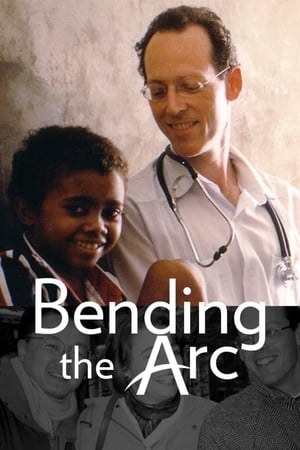 7.9
7.9Bending the Arc(en)
About the extraordinary doctors and activists—including Paul Farmer, Jim Yong Kim, and Ophelia Dahl—whose work 30 years ago to save lives in a rural Haitian village grew into a global battle in the halls of power for the right to health for all.
 6.5
6.5Nicki Minaj: Pink Planet(en)
An in-depth look at the personal life of rapper and singer Nicki Minaj, whose fast-paced rap style and interesting alter-egos connected with audiences all over the world.
Eating Well for Optimum Health(en)
Andrew Weil, M.D., program director of integrated medicine at the University of Arizona, teaches doctors and the public about nutrition, In this video, he describes good eating habits, nutritional health, and cooking. He also shares some cross-cultural perspectives on these fundamental topics.
Dr. Andrew Weil's Guide to Eating Well(en)
One of America's best-known and most respected doctors offers a sensible approach to eating: He emphasizes enjoyment over deprivation, and long-term health benefits over short-term weight loss. Dr. Weil assures us that there is no confusion among nutrition experts about the optimal diet for health, body weight, and longevity. Understanding inflammation to be the root cause of many chronic illnesses, he gives science-based recommendations to help combat specific health concerns, all as part of an anti-inflammatory diet. On the subject of dietary supplements, he talks about what's perilous and what can help.
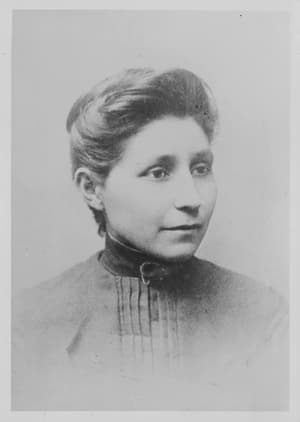 0.0
0.0The Life and Legacy of Dr. Susan La Flesche Picotte(en)
This short documentary tells the story of the life and legacy of Dr. Susan La Flesche Picotte, an Omaha woman who became the first Native American physician.
Echo Of The Past: The Terrence Tower(en)
A historical documentary documenting the rise, function, and abandonment of a 17 story building that once housed The Rochester Psychiatric Center. This film tells the story of the building through historical footage, interviews of former staff and patients who recount their memories of the behemoth facility while also exploring the abandoned building as it is today.
 6.5
6.5Perfect Bid: The Contestant Who Knew Too Much(en)
Maths teacher Ted Slauson became adept at recording and memorizing prices of products featured on the iconic game show The Price is Right, an obsession dating back to the show's inception in 1972. This passion and dedication for the show culminated in him helping a contestant place a perfect bid during a 2008 showcase, an innocent act that would create one of the biggest controversies in television industry history.
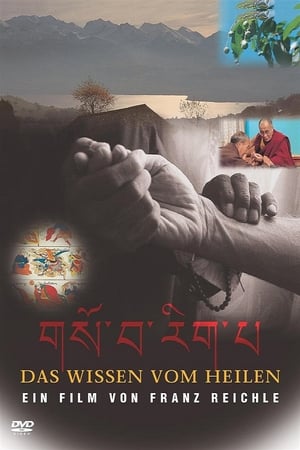 0.0
0.0The Knowledge of Healing(de)
A documentary film about Tibetan traditional medicine.
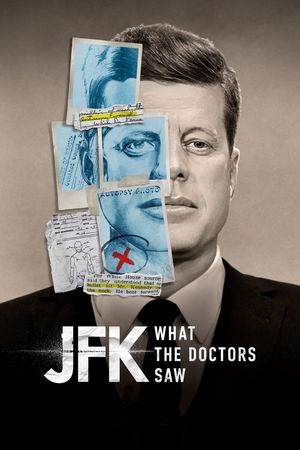 7.3
7.3JFK: What The Doctors Saw(en)
Unsettling medical details on the JFK assassination are disclosed by seven doctors who were in the ER during a futile effort to save his life in 1963.
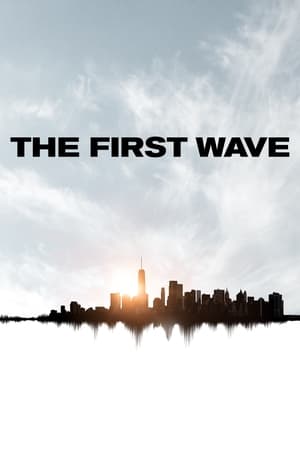 6.8
6.8The First Wave(en)
When Covid-19 hit New York City in 2020, filmmaker Matthew Heineman gained unique access to one of New York’s hardest-hit hospital systems. The resulting film focuses on the doctors, nurses, and patients on the frontlines during the “first wave” from March to June 2020. Their distinct storylines each serve as a microcosm to understand how the city persevered through the worst pandemic in a century
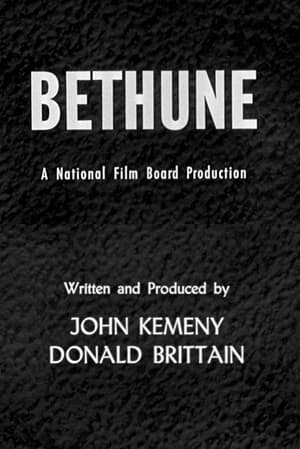 5.0
5.0Bethune(en)
A film biography of Dr. Norman Bethune, the Canadian doctor who served with the loyalists during the Spanish Civil War and with the North Chinese Army during the Sino-Japanese War. In Spain he pioneered the world's first mobile blood-transfusion service; in China his work behind battle lines to save the wounded has made him a legendary figure. This hour-long documentary film pieces together his remarkable career.
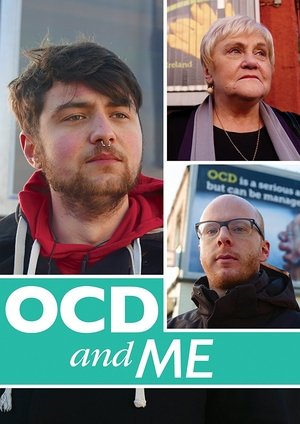 10.0
10.0OCD and Me(en)
Do you REALLY know what OCD is? Dig beyond the stereotypes in this documentary, profiling multiple people who deal with this mental illness in all its known and often unknown forms every single day.
 7.7
7.7Hearts and Minds(en)
Many times during his presidency, Lyndon B. Johnson said that ultimate victory in the Vietnam War depended upon the U.S. military winning the "hearts and minds" of the Vietnamese people. Filmmaker Peter Davis uses Johnson's phrase in an ironic context in this anti-war documentary, filmed and released while the Vietnam War was still under way, juxtaposing interviews with military figures like U.S. Army Chief of Staff William C. Westmoreland with shocking scenes of violence and brutality.
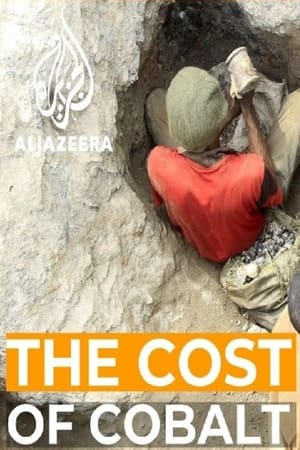 0.0
0.0The Cost of Cobalt(en)
In the cobalt mining areas of Katanga in the Democratic Republic of the Congo (DRC), babies are being born with horrific birth defects. Scientists and doctors are finding increasing evidence of environmental pollution from industrial mining which, they believe, may be the cause of a range of malformations from cleft palate to some so serious the baby is stillborn. More than 60% of the world’s reserves of cobalt are in the DRC and this mineral is essential for the production of electric car batteries, which may be the key to reducing carbon emissions and to slowing climate change. In The Cost of Cobalt we meet the doctors treating the children affected and the scientists who are measuring the pollution. Cobalt may be part of the global solution to climate change, but is it right that Congo’s next generation pay the price with their health? Many are hoping that the more the world understands their plight, the more pressure will be put on the industry here to clean up its act.

